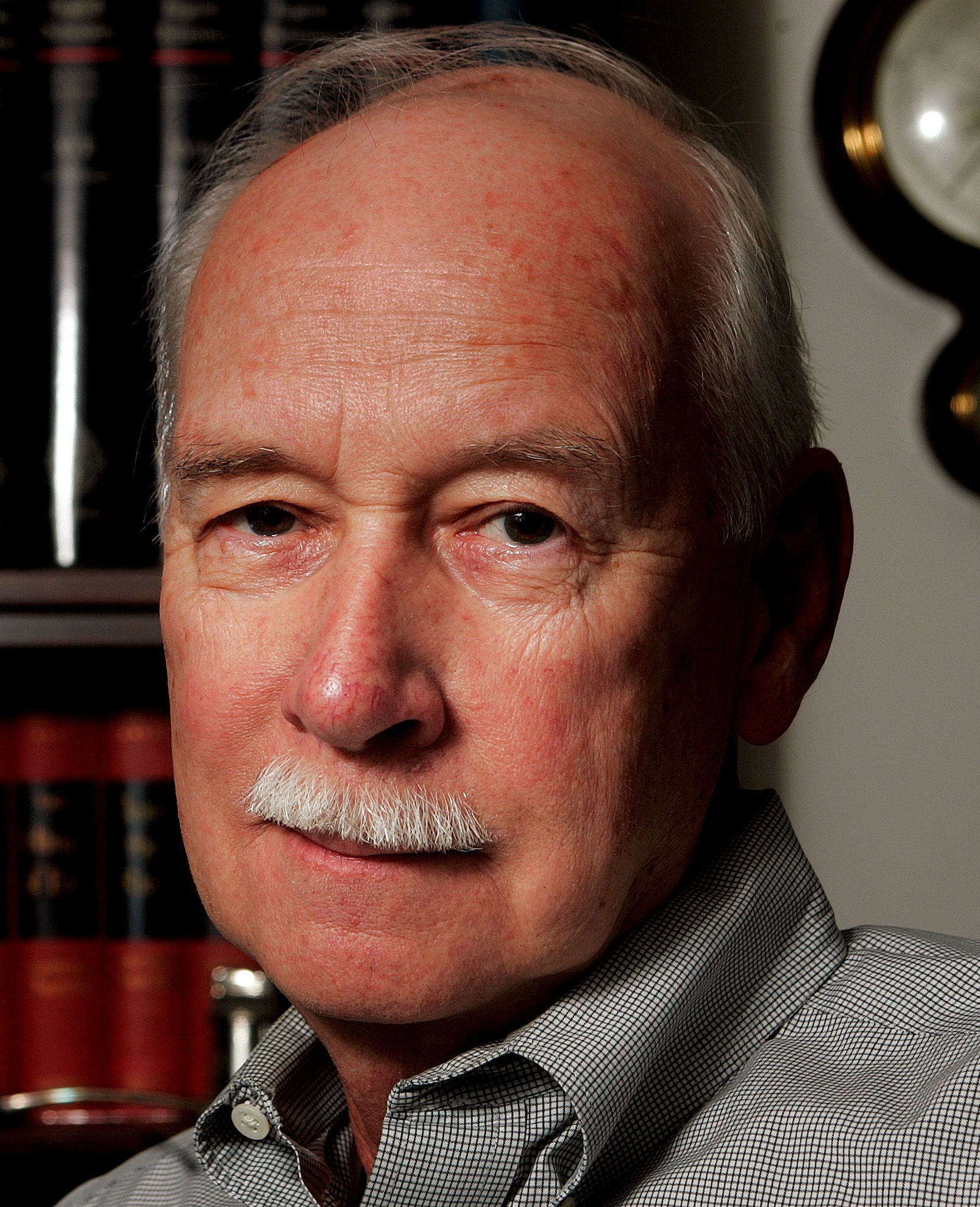There are several good reasons why we should not pay much attention to the presidential candidates’ economic policy proposals. The first, and traditionally considered the most important, is that, in the words of Bill Murray’s character in the movie, “Meatballs,” “It just doesn’t matter.”
Our system of government is quite clear about economic policy, and it is summarized by the adage, “The President proposes, but Congress disposes.” Taxing and spending authority is vested in Congress, not the White House; and in that sense Congressional elections are probably more important than presidential races. Of course, that traditional view can be up-ended, depending on the President as well as the composition and character of the Congress.
A second reason is that political candidates generally understand the voters’ interests and attention spans. As a result, their economic proposals are often ends-heavy and means-light. Ends such as better jobs and higher wages, for example, are attractive to voters because, like a child’s dream of a meal, they are all dessert and skip the salad of interest rates, and the boiled cauliflower of government deficits.
In economics, though, the means translate into the way that resources are allocated or reallocated — and that makes a significant difference in the outcome.
The third reason is closely related to the second: a significant part of economics is pretty boring for most people, ever more so in today’s world of self-inflicted distractions. Given the level of competition and the pressure from donors, there is a severely limited time available for a candidate to capture the attention of the voter and there is great risk in boring them.
The result of these and other reasons is that candidates’ economic proposals often achieve escape velocity and leave the pull of reality behind. An economist described the economic plan of one of the current candidates as being “like magic flying puppies with winning Lotto tickets tied to their collars.” The description probably had as much partisan politics as economics in it, but was not completely inaccurate.
Why bother looking at the candidates’ economic policy proposals then? The answer is that despite their shortcomings they give us a window through which we can see a candidate’s priorities and what his or her presidential leadership will be all about.
With that in mind, the details of a candidate’s proposals probably matter less than what they are focused on. Both the Tax Policy Center and the Tax Foundation, for example, did extensive analyses of the tax ideas that the major candidates put forth. In the end, though, what it showed that Democratic candidates would expand the federal government and Republican candidates would shrink it…hardly breaking news.
In general, candidates’ tax plans are analyzed and evaluated in accounting terms — net effects on government revenue and budget deficits, for example — and the broader economic effects are pretty much ignored. An exception is the Tax Foundation’s analysis of Sen. Ted Cruz’s flat-tax proposal, claiming that plan would likely have a positive impact on economic growth.
Donald Trump sees economic growth and employment value in renegotiating international trade agreements. This may be so, but the impact of these agreements has had on U.S. jobs and industries might be irreversible. Still, his idea that China would be forced to the negotiating table by our calling them names — like “currency manipulator”— has a lasting charm, even though it could probably use a little work.
Where the candidates’ economic proposals should start to get interesting is in their effects on employment, productivity, and economic growth. Unfortunately, when analyzed, many look like the “Underpants Gnomes” idea, a three-phase business plan, which, as described in the TV cartoon show, “South Park,” begins with “Collect Underpants” and ends with “Profit,” while phase two, is blank.
Hillary Clinton’s economic plan does contain some specifics about its means. The two basic tools used are government investment and the federal tax code. Through government investment in our infrastructure, clean energy, and health care, her plan would theoretically produce higher-paying jobs and more rapid economic growth. The plan would use the tax code to reward corporate profit-sharing with employees and to transfer income from the wealthy to middle class working families.
There’s a lot of John Maynard Keynes’ theory in this plan, as there is in Sen. Bernie Sanders’ “similar but more so” economic proposals. That doesn’t necessarily mean that they won’t work, but it does suggest that little thought has been given to how things could go terribly wrong. And economic history tells us just how dangerous that is.
In their economic policy proposals, in general the Democratic candidates look to government as the solution and Republican candidates see government as the problem in our economy. It’s as basic as that. The rest comes down to an assessment of character.
James McCusker is a Bothell economist, educator and consultant. He also writes a column for the monthly Herald Business Journal.
Talk to us
> Give us your news tips.
> Send us a letter to the editor.
> More Herald contact information.

























